Importance of Cybersecurity in DCS – Distributed Control System
Securing Distributed Control Systems (DCS) is vital to the safe and efficient functioning of industrial processes, as well as the protection of sensitive data and intellectual property. With DCS controlling critical infrastructure such as power plants, water treatment facilities, and chemical plants, a cyber-attack on these systems could not only cause financial losses but also lead to physical harm to the public.
Cybersecurity in DCS is not only a matter of compliance with regulations but also a business imperative. A cyber-attack on a DCS system can lead to production downtime, lost revenue, and increased costs, not to mention reputational damage and loss of customer trust.
To protect against cyber-attacks, organizations must implement robust cybersecurity measures such as regular software updates, secure configurations, backup and disaster recovery plans, employee training, network segmentation, and intrusion detection systems. Regular penetration testing, vulnerability assessments, and security audits must also be conducted to identify and address potential vulnerabilities in the system.
Cybersecurity in DCS
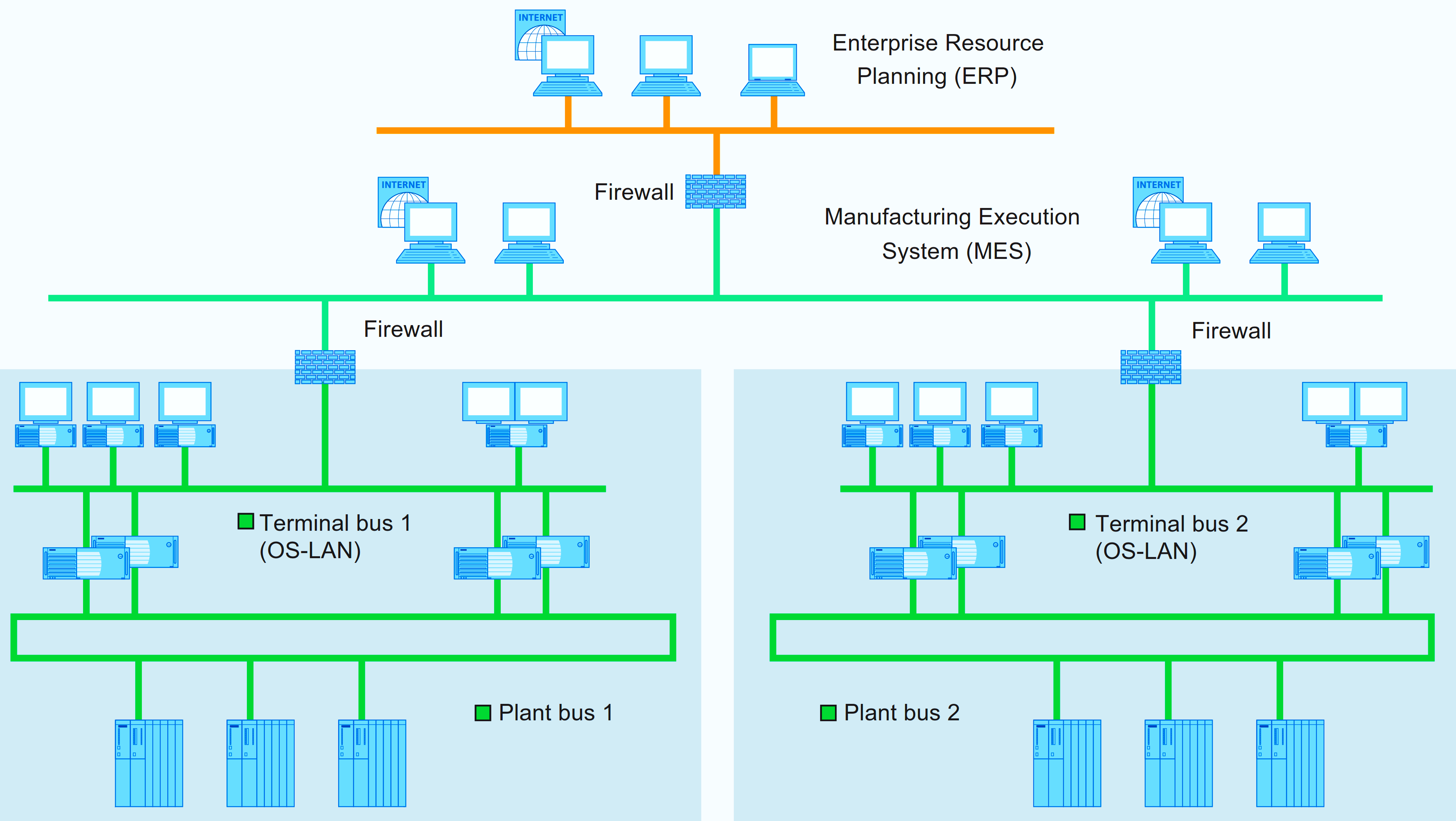
Some of the problems that are faced due to improper cybersecurity measures in distributed control systems are mentioned below.
- Protecting Critical Infrastructure: Cybersecurity in DCS systems is crucial for protecting critical infrastructure and ensuring the safe and reliable operation of industrial processes. For example, a cyber-attack on a DCS system controlling a chemical plant could cause a release of toxic materials, posing a significant risk to human health and the environment.
- Financial Losses: Cybersecurity in DCS systems is essential to prevent financial losses. A cyber-attack on a DCS system controlling a manufacturing facility could result in production downtime, lost revenue, and increased costs. For example, in 2017, a ransomware attack on a global shipping company caused a shutdown of their entire computer system resulting in a loss of $300 million.
- Compliance: Cybersecurity in DCS systems is necessary to meet compliance requirements and regulations. For example, the NIST SP 800-82 guidelines for industrial control systems, requires organizations to implement security measures to protect against cyber-attacks. Organizations that fail to comply with these regulations can face significant fines and penalties.
- Data Breaches: Cybersecurity in DCS systems is crucial to prevent data breaches. A cyber-attack on a DCS system controlling a power generation facility could result in the theft of sensitive information such as power generation data, and user credentials, causing reputational damage to the company.
- Disturbance in the Supply Chain: Cybersecurity in DCS systems is important to ensure the continuity of supply chain operations. A cyber-attack on a DCS system controlling a logistics facility could result in a disruption of supply chain operations, causing delays and increased costs for companies.
- National Security: Cybersecurity in DCS systems is important for national security. A cyber-attack on a DCS system controlling a critical infrastructure such as a dam or water treatment facility could cause physical damage and threaten the safety of the public.
- Cyber-physical systems: Cybersecurity in DCS systems is crucial for protecting cyber-physical systems, which are systems that combine both physical and cyber components. A cyber-attack on a DCS system controlling a transportation system, for example, could cause physical damage to trains, buses, or other vehicles, and threaten the safety of passengers.
- Sabotage: Cybersecurity in DCS systems is important to prevent sabotage. A cyber-attack on a DCS system controlling a refinery or petrochemical plant could cause physical damage and disrupt production, potentially causing explosions or other accidents.
- Terrorism: Cybersecurity in DCS systems is important to prevent terrorist attacks. A cyber-attack on a DCS system controlling a nuclear power plant or other critical infrastructure could cause a catastrophic event and threaten the safety of the public.
- Cyber-warfare: Cybersecurity in DCS systems is important to protect against cyber-warfare. A cyber-attack on a DCS system controlling a military facility or other critical infrastructure could cause significant damage and threaten national security.
- Smart Cities: Cybersecurity in DCS systems is important for smart cities. A cyber-attack on a DCS system controlling a smart city’s infrastructure such as transportation, utilities, and emergency services could cause disruptions and threaten public safety.
- Reputation: Cybersecurity in DCS systems is important to protect the reputation of companies. A cyber-attack on a DCS system controlling a food processing plant or another facility could result in the release of contaminated products, causing reputational damage and potential legal liabilities.
Conclusion
Organizations that fail to implement robust cybersecurity measures in their DCS systems face significant risks to their operations, financial losses, and reputational damage. By taking proactive steps to secure their DCS systems, organizations can protect their industrial processes, prevent costly downtime and protect their reputation.
Read Next:




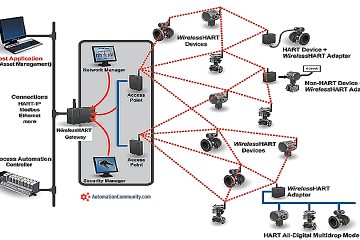
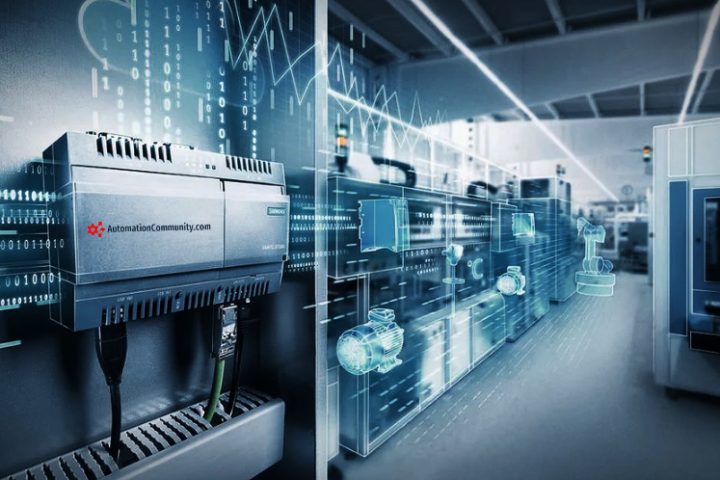


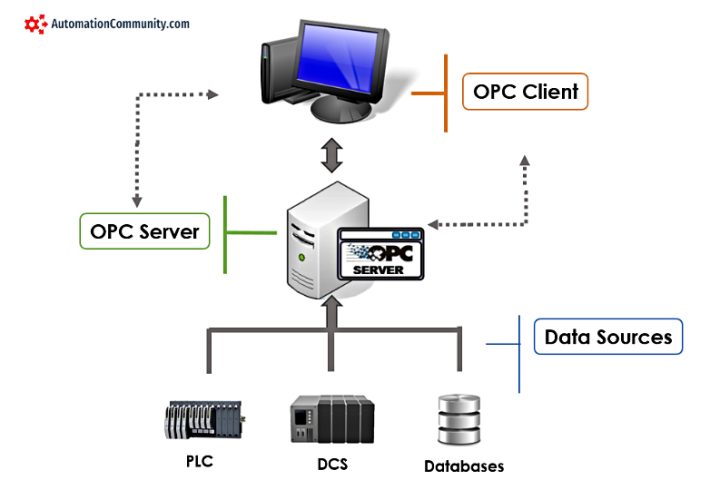
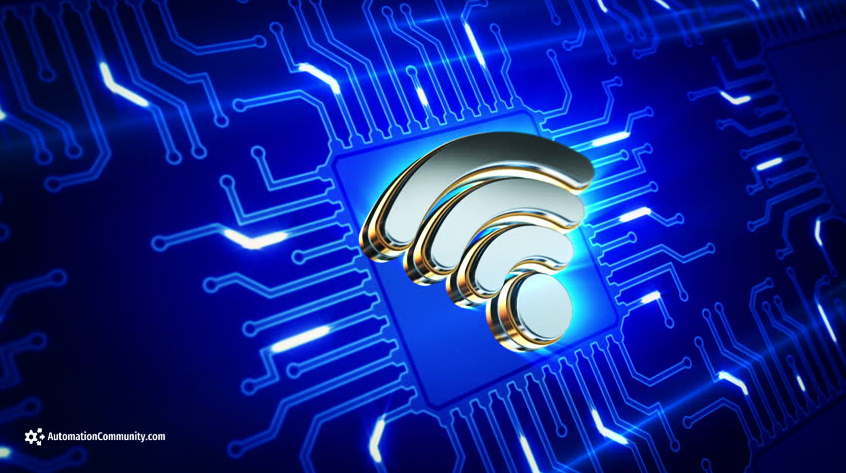
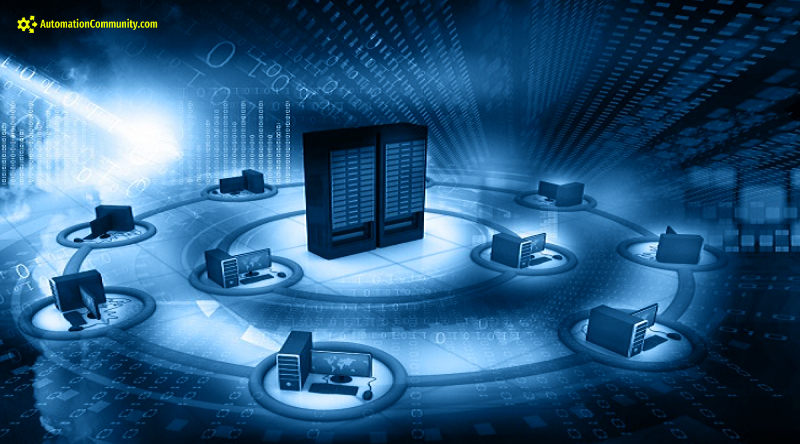




Comments
1
Many thanks